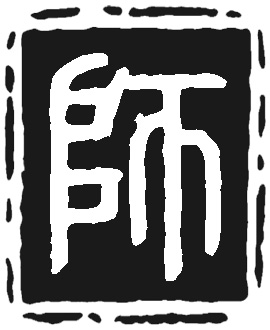Rest API
Sensei requests are JSON objects sent to an end-point via HTTP POST
References
Rest end-point
Every Sensei node has a rest end-point at the /sensei path listening on the broker port, specified in the sensei.properties file, e.g.
sensei.broker.port = 8080Sensei Request
The request API is modeled closely after the ElasticSearch Query DSL.
A Sensei Request is represented as a JSON object, see reference.
{
"query" : {
"query_string" : {
"query" : "cool car"
}
},
"selections" : [
{
"term" : "color",
"value" : "red"
}
]
}
and can be POSTed to the Rest end-point, e.g.
curl -X -POST -d '{"query":{"query_string" : {"query":"cool car"}},"selections": [{"term":"color","value":"red"}]}' 'http://localhost:8080/sensei'
Example
The following example shows how to make an ajax call to a Sensei rest end-point in a web page using jquery.
<!DOCTYPE html PUBLIC "-//W3C//DTD XHTML 1.0 Transitional//EN" "http://www.w3.org/TR/xhtml1/DTD/xhtml1-transitional.dtd">
<html xmlns="http://www.w3.org/1999/xhtml">
<head>
<meta http-equiv="Content-Type" content="text/html; charset=utf-8"/>
<script src="http://code.jquery.com/jquery-1.4.4.js"></script>
</head>
<body>
<script type="text/javascript">
var url = "http://localhost:8080/sensei"
var senseiReq = {};
senseiReq.query = {};
senseiReq.query.query_string = {"query" : "cool car"};
senseiReq.selections = [{"term":"color","value":"red"}];
// cross-domain is allowed by the Sensei Rest end-point
$.post("http://localhost:8080/sensei", JSON.stringify(senseiReq),
function(result) {
console.log(result);
});
</script>
</body>
</html>
Query via BQL
It is also possible to query a Sensei cluster using BQL.
Simply post to the above Rest end-point with a JSON object containing a bql query, example:
{
"bql":"select color where category in ('van','exotic') order by price"
}
Get using primary keys
Another common query Sensei support is Get/GetAll using UIDs.
Given a list of UIDs, encode them into a JSON array, e.g.
[uid1,uid2,uid3]and post to the end-point
/sensei/get, e.g. http://localhost:8080/sensei/get
